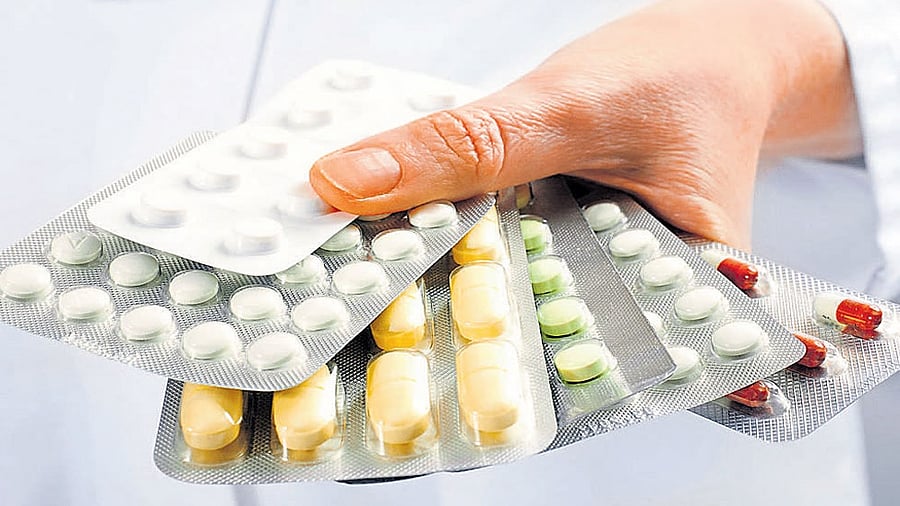
Pharma exports
Credit: iStock Photo
Hyderabad: Rajya Sabha member from Telangana, B Parthasaradhi Reddy raised concerns over the proposed reciprocal tariffs by the United States on India's pharmceutical exports. This proposed tariff could adversely affect one of India's most significant economic sectors, with potential repercussions for millions of jobs and the country’s vital foreign exchange earnings, he said.
In Rajya Sabha on Wednesday Reddy highlighted that the United States accounts for over 31% of India's total pharmaceutical exports, with the value of Indian pharma exports to the US reaching $9 billion (approximately Rs 74,000 crores) in 2023-24. The US is the largest importer of Indian pharmaceutical products, and any reciprocal tariff imposed by the US would significantly disrupt this thriving trade.
The MP from BRS who is also owns Hetero Pharma, which is world's largest producer of anti-retroviral drugs, raised alarm about the potential economic impact of such tariffs. He warned that Indian pharmaceutical products could become more expensive in the US, reducing their competitiveness in one of the world's largest markets. The resultant rise in prices may lead to a loss of market share for Indian pharma companies, particularly for generic medicines, which are priced at lower costs. This could lead to reduced profit margins, making many investments unviable.
He further emphasized that the Indian pharmaceutical sector contributes significantly to the country's GDP and foreign exchange earnings. Any disruption in the exports of pharmaceutical products could lead to a decline in foreign exchange revenues and cause potential job losses in manufacturing, research, distribution, and other sectors tied to the pharmaceutical industry.
As a scientist, Reddy urged the Government of India to treat the issue with utmost urgency and implement remedial measures to safeguard the interests of the Indian pharmaceutical industry. He suggested the Indian government should engage in diplomatic talks with the United States to resolve the issue amicably. India must highlight the vital role of pharmaceutical exports to the US and explain the consequences such as increased medicine prices and the potential shortage of life-saving drugs for patients in both countries.
“Government should prioritize pursuing a Free Trade Agreement with the US, specifically addressing pharmaceutical tariffs. Additionally, the US-India Trade Policy Forum must be reviewed and strengthened to ensure effective resolution of trade issues, including tariffs on pharmaceutical products,” said Parthasaradhi Reddy.
He called for providing financial support to Indian pharma companies through special incentives, subsidies, tax breaks, and other measures that could help them mitigate the impact of US tariffs and maintain their global competitiveness.